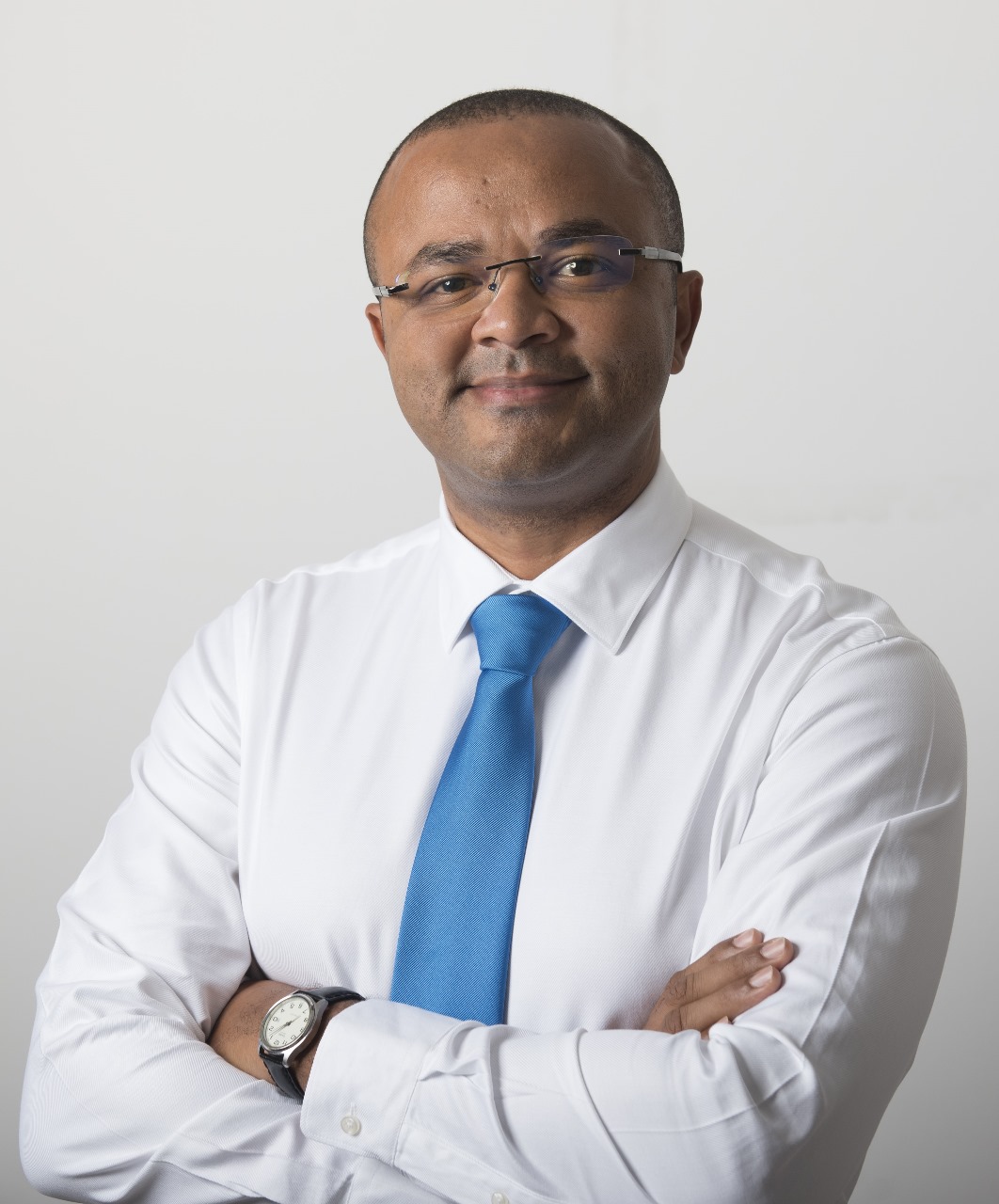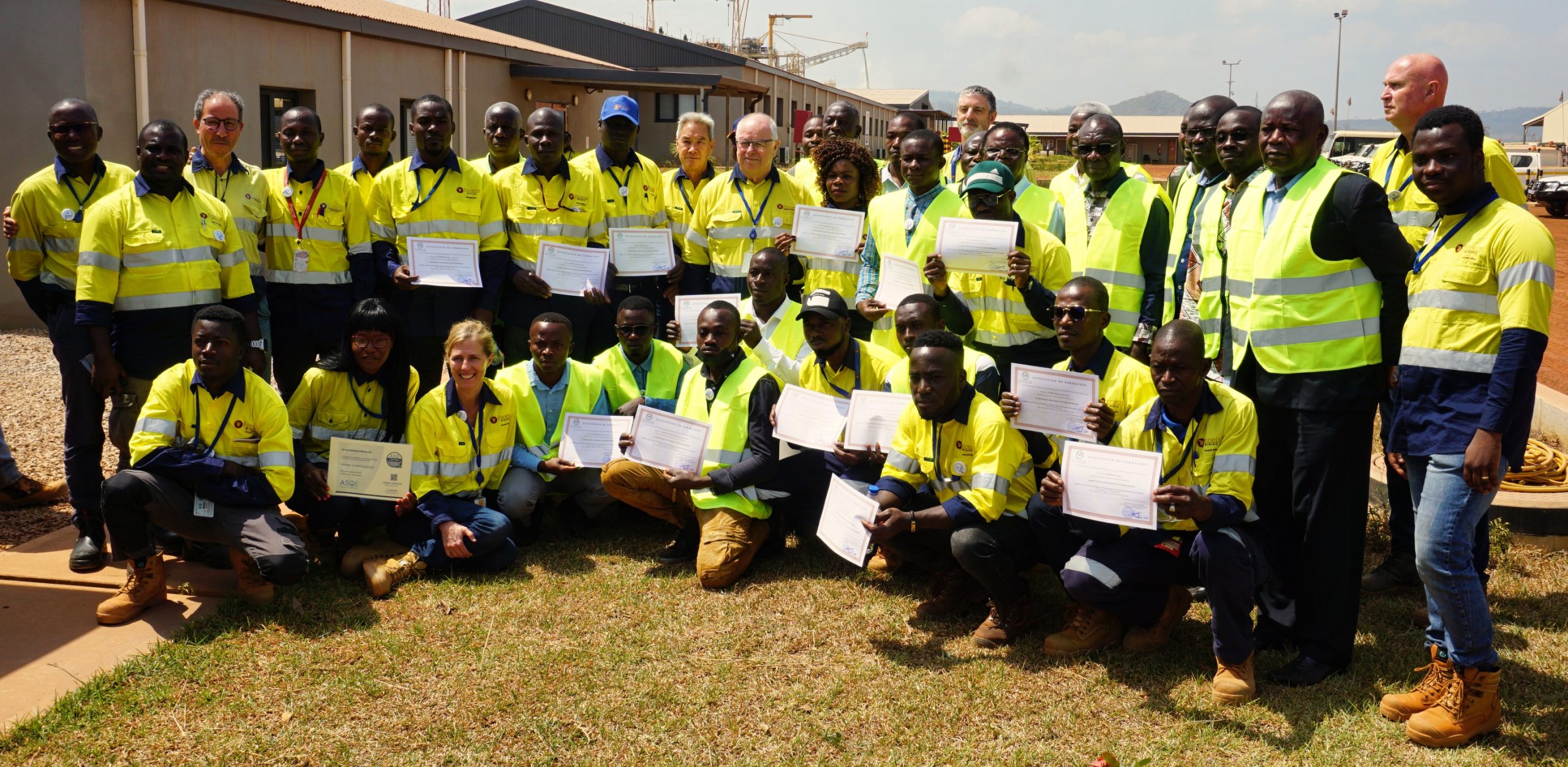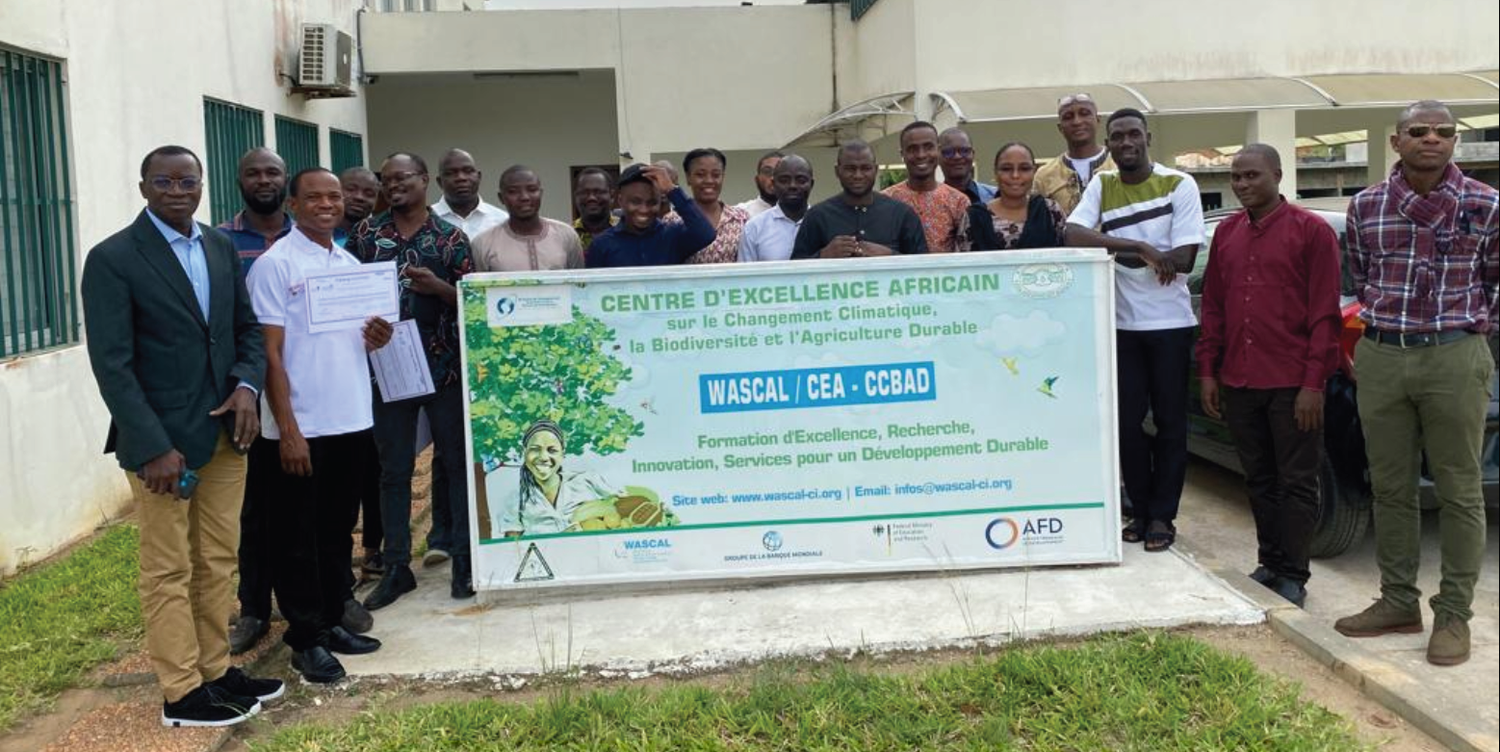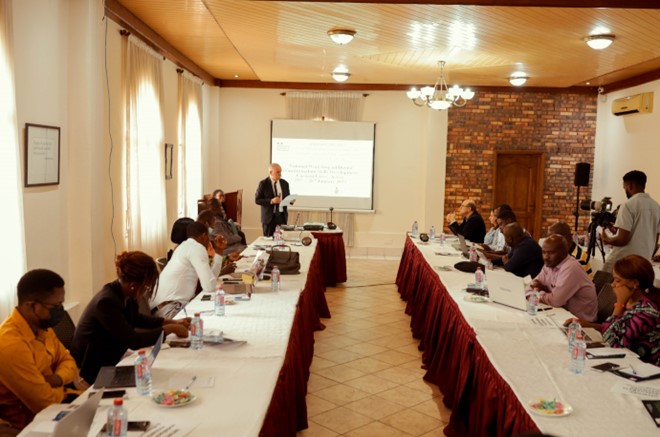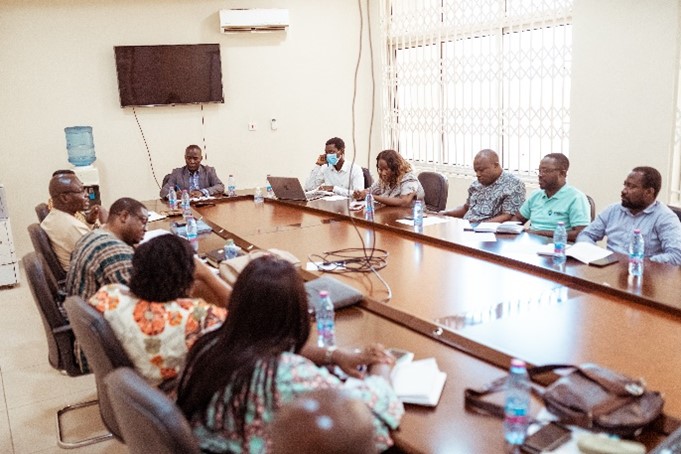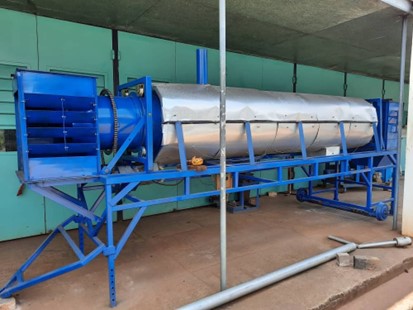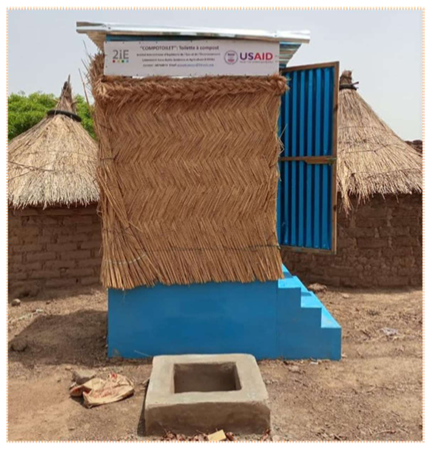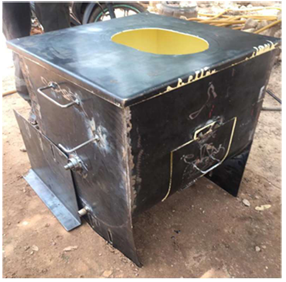Paulino Baptista: Shaping a sustainable Future for coastal tourism in Cape Verde
Amidst the captivating vistas of the West African archipelago of Cape Verde lies a thriving coastal tourism industry, vital for both employment and economic prosperity. According to a 2021 report by UNCTAD Development and Globalization, coastal tourism contributes to an average of 35% of jobs, and 25% GDP of Small Island Developing States (SIDS). In Cape Verde, coastal tourism is responsible for half (46.8%) of employment in Cape Verde and 25% of the country’s GDP in 2019 (Statista). Climate change looms large over Cape Verde’s picturesque shores, threatening a thriving vital sector.
With such heavy reliance on coastal tourism industry, the impact of climate change poses a serious threat to the industry. Recognizing the urgent need for resilience in the face of environmental challenges, and the risks associated with continuous sea level rise, Mr. Paulino Baptista Dias Jesus embarked on a transformative journey supported by the ACE Impact project. Hailing from Cape Verde, Paulino seized the opportunity provided by the Africa Center of Excellence for Coastal Resilience (ACECoR) at the University of Cape Coast (UCC) in Ghana to pursue a PhD in Blue Economy, Governance, and Social Resilience.
With a background in economic sciences and global management, Paulino is spearheading groundbreaking research into the intersection of climate change perception and investment decision-making in coastal tourism destinations within Small Island Developing States (SIDS) like Cape Verde. His mission is clear: to empower decision-makers with the insights needed to foster climate-resilient businesses and safeguard the future of coastal communities.
Understanding and fostering climate-resilient businesses within the coastal tourism industry is crucial for mitigating risks posed by climate change. By gaining insights into investors’ perceptions of climate vulnerability, we can design effective policies and financing strategies to bolster the resilience of the tourism sector, safeguarding businesses, jobs, and promoting sustainable economic growth.
Having studied economic sciences and global management respectively for bachelor’s and master’s degrees, with his current research, Paulino is assessing investors’ perceptions about climate change drivers and plausible future impacts in three coastal tourism destinations in Cape Verde. Paulino’s approach is holistic, encompassing stakeholder engagement, data analysis, and knowledge dissemination. to achieve his vision, he will map all relevant entities within the tourism industry in Cape Verde, design tailored data collection tool, conduct data analysis, and disseminate his findings on multiple platforms.
He strongly believes by doing so, he will help create a buoyant tourism industry, safeguarding jobs, sustaining regular cashflows, and ultimately enhancing economic growth along the coast of SIDS.
By collaborating with local entities and leveraging his internship with Biosfera1, a leading NGO dedicated to marine conservation in Cape Verde, he has gained firsthand insights into the challenges and opportunities facing the blue economy. Collaborating with Biosfera1, Paulino contributed to vital projects on fostering sustainable entrepreneurship in coastal communities.
This practical experience has not only enriched his academic pursuits but also propelled him into a leadership role within Biosfera1 with his appointment as a non-executive member of board of directors of Biosfera1, further amplifying his impact.
Supported by the ACE Impact project, Paulino’s journey extends beyond academia. His expertise is now sought after by international organizations like The World Bank Group, Luxembourgh Development Agency, and the United Nations, where he advises on policies and interventions to address the climate crisis in coastal tourism. Armed with a deep understanding of both the scientific and practical aspects of sustainability, Paulino is poised to shape a brighter future for coastal communities across sub-Saharan Africa.
